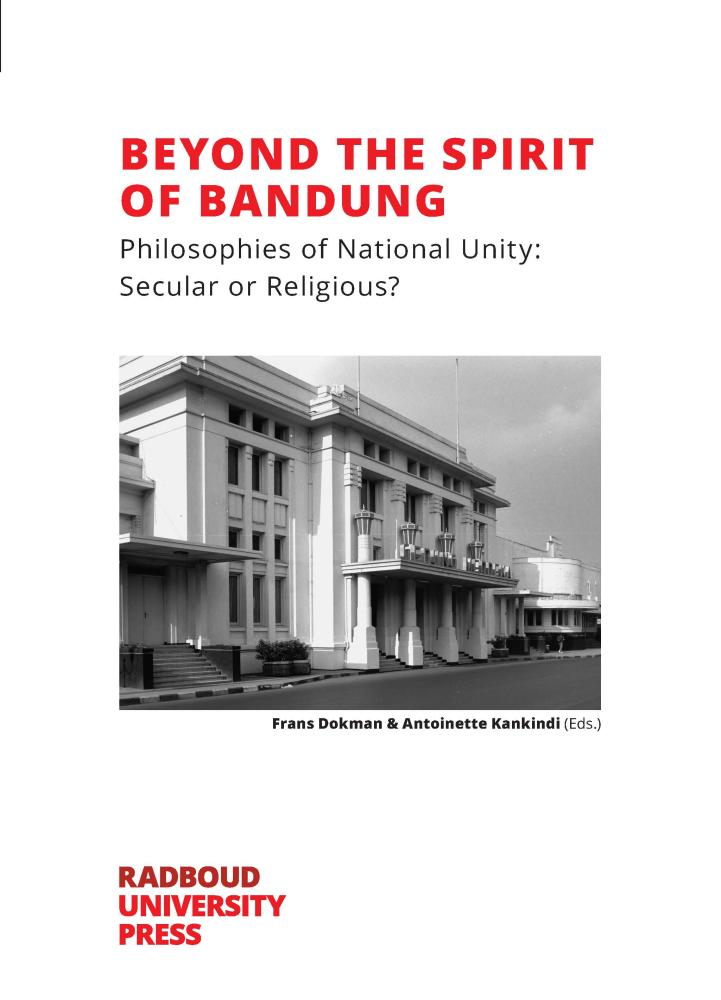6. Earth Religion, “Forest People” and Environmental Disputes: A Case Study on a Pursuit for National Unity and Sustainability in Estonia.
Synopsis
This chapter offers a comparative study from Estonia related to the following research topics of this volume: “What philosophy, secular or religious, succeeds or succeeded in promoting peace and stability”? Are there comparable philosophies of national unity from other countries? It gives an overview of the wide-spread self-identification of Estonians as nature-friendly “forest people”, an image that is selectively based on the environmental concepts found in the archival folklore manuscripts describing traditional folk religion, and the role of folklore about natural sacred sites in the rhetoric of active followers of earth religion (maausk). Based on media accounts, participant observation, interviews with earth believers and persons who attend events in natural sacred sites, the chapter brings examples how such environmental folklore and national identity building are combined with protest activities for protecting natural objects and habitats. Based on some case analyses related to natural sacred sites, the paper will explore the potential of earth believers and related grassroot initiatives in non-hegemonically supporting local and national identity and promoting environmental awareness and sustainability.
Downloads
Pages
Published
Series
License

This work is licensed under a Creative Commons Attribution-NonCommercial-NoDerivatives 4.0 International License.



